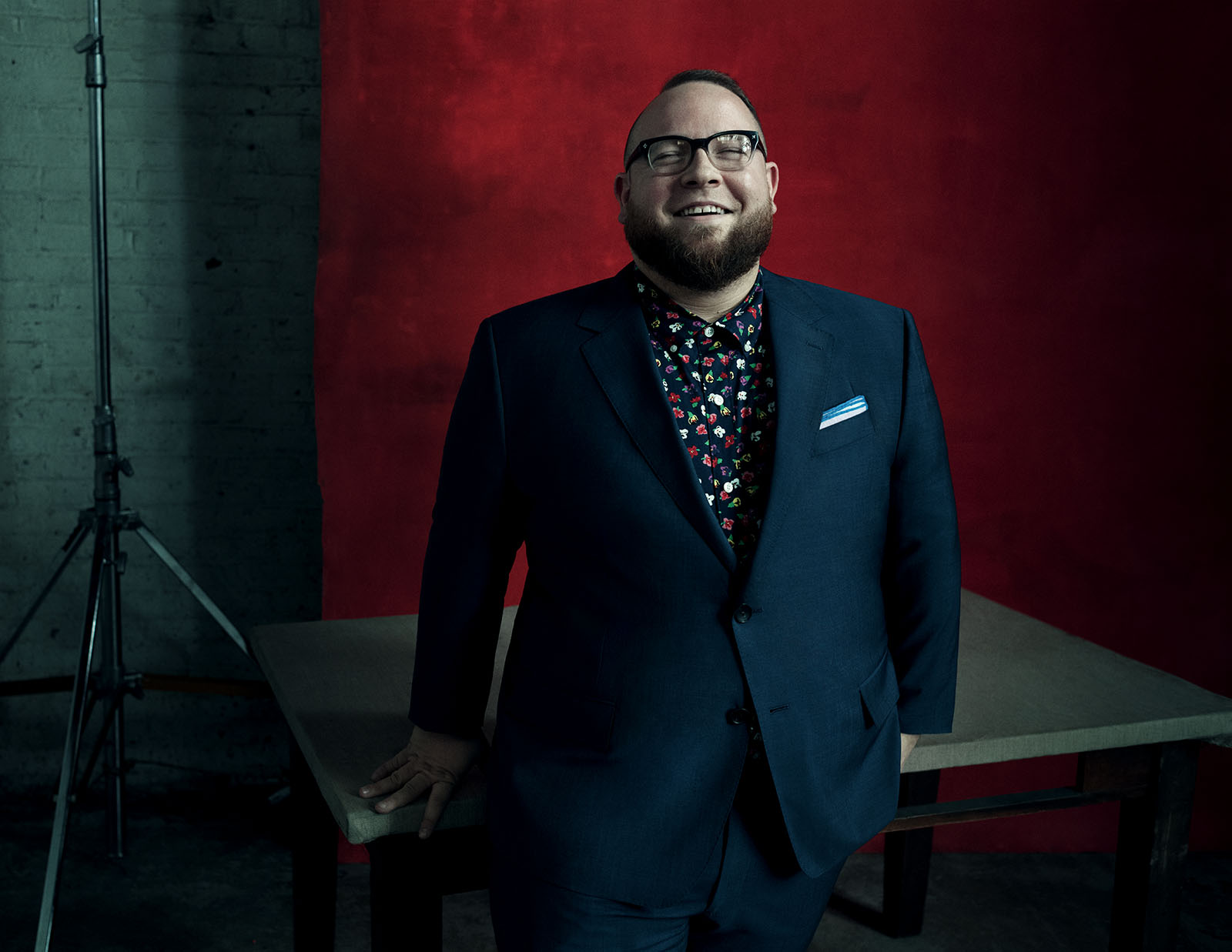
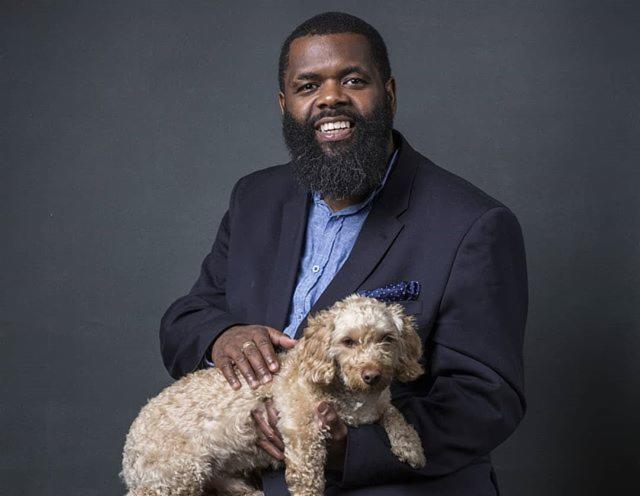
Kaseem Bentley gave up a career as a social worker in San Francisco to move to L.A. and focus on his passion: comedy. Despite not having a manager, Kaseem has appeared on Viceland, KQED, NBC’s short-lived comedy streaming service, SeeSo, and was named one of SF Weekly’s Comics to Watch. We talked to Kaseem about what it’s really like being a comedian and figuring out your shit once you get to L.A.
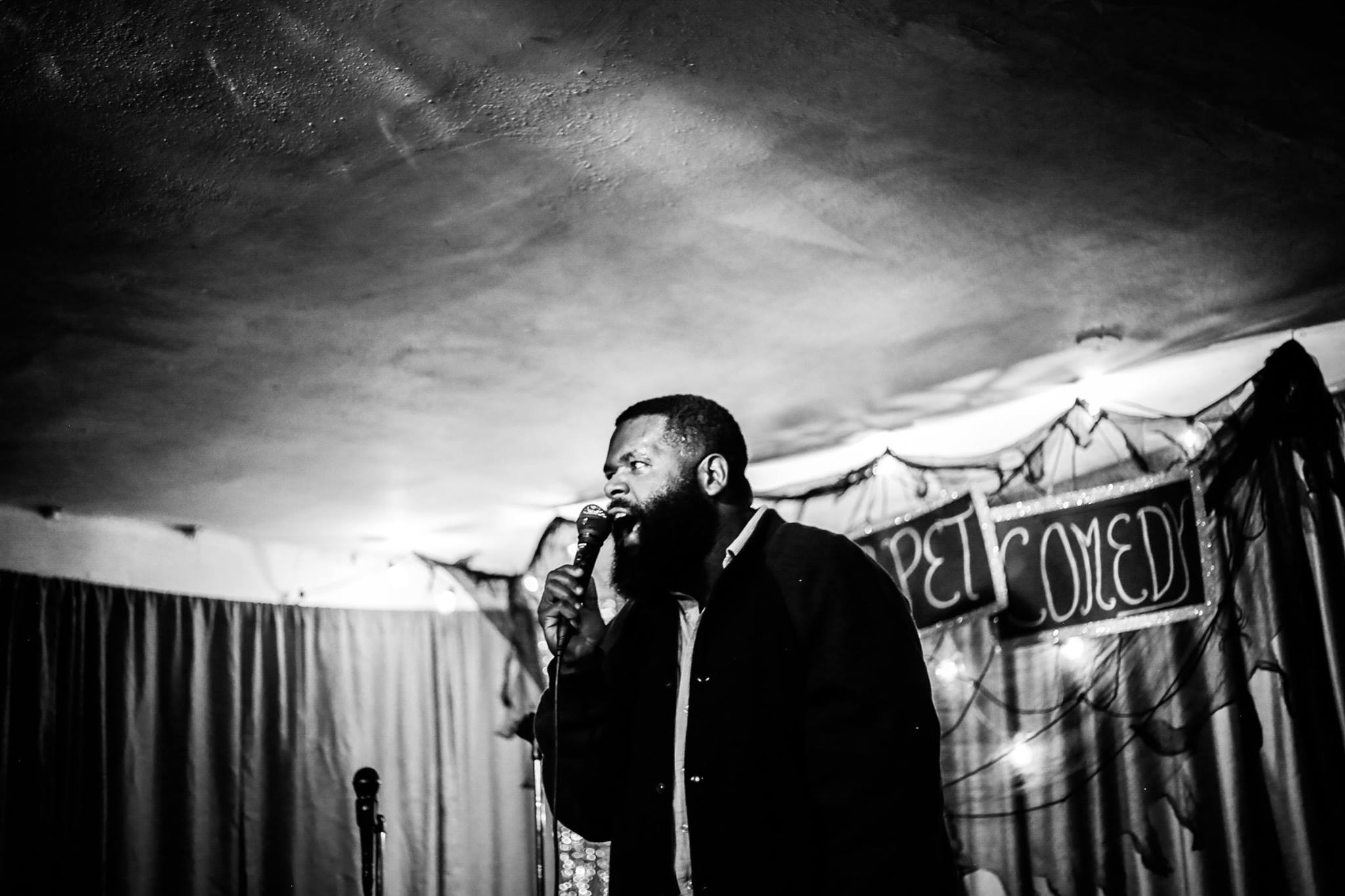
Was it hard for you to make it when you first got to LA?
I first made it to L.A. and it felt like all of the things that can happen that are good, happened. I started making $1500 a week and when you start seeing that check, you know. Before I left I was making $2000 a month busting my ass working at a housing nonprofit, where two times someone threatened to kill me. Real kill!
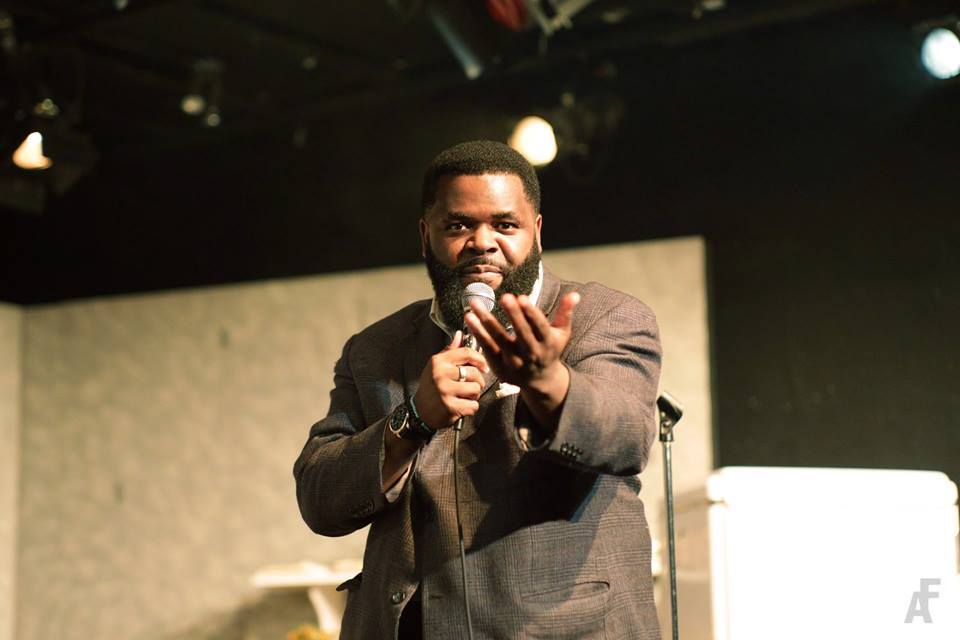
Have you found it difficult to get new projects going?
You get caught up with the gatekeepers and the people in the offices that can give content creators and creatives the opportunity, and it really can impede peoples’ success and their process. I think a lot of us want to roam free and we don’t want to be thinking about spreadsheets and quarterly reports and ratings and standards and practices.
We want to make it work and test the limits of our creativity and the heights of our intelligence and its hard to do that when you’re having to beg somebody and sit down with some cucumber water and be like, “This is what I wanna do, do you like it?!”
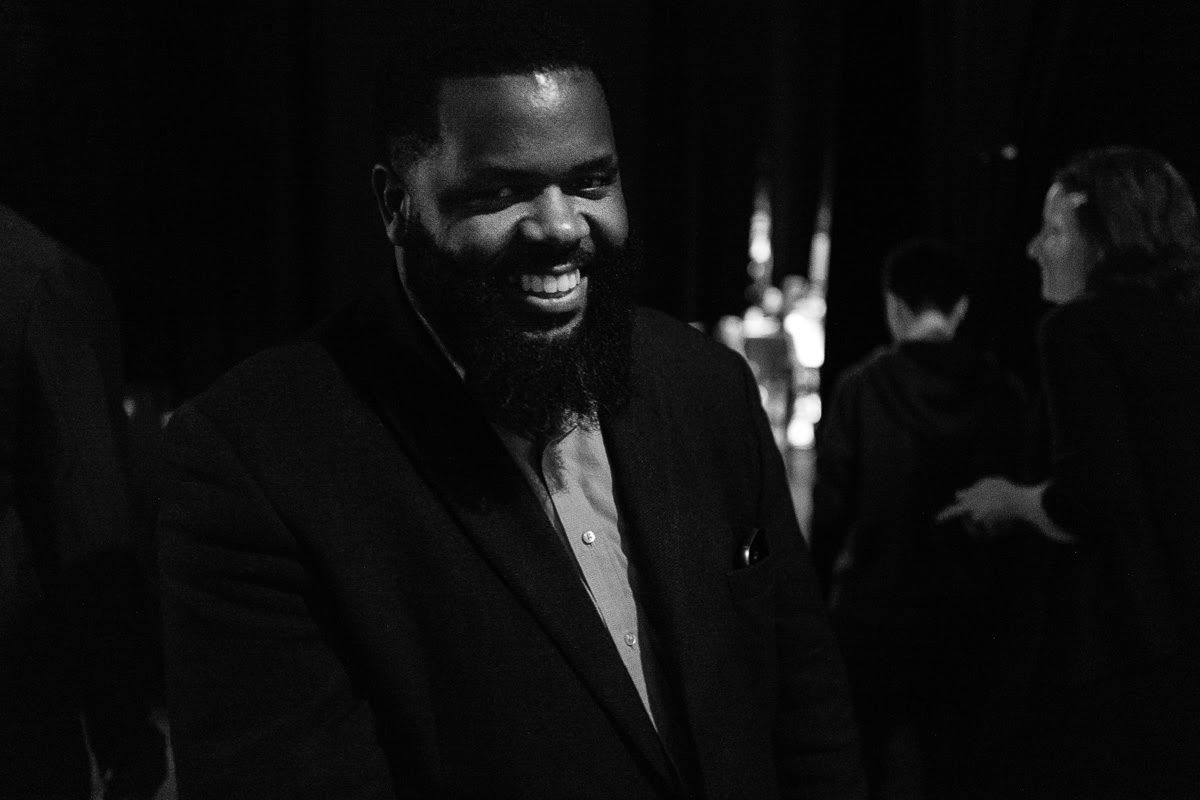
Does working with collaborators help get things done?
I’ve always been big on sharing resources because that’s like my background. I worked in social services and it’s like helping people go from A to B and I noticed that in comedy you see a lot of people finding their way and finding opportunities. I always figured if I got something, then you got something, especially if I like you. Yeah, I’ll even share if I don’t like you. I feel like we’re all just trying to get to the big leagues and hopefully we can play with all of the major players.
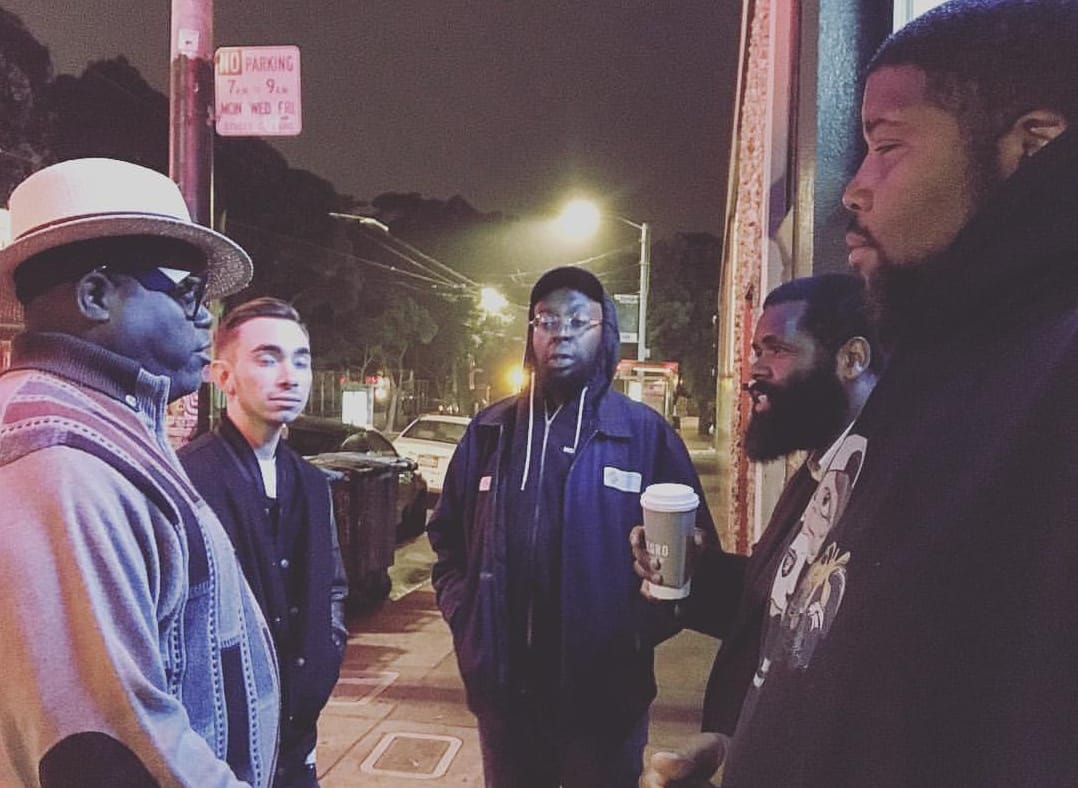
Was the process similar when you lived in the bay area?
I was fortunate that while I was in San Francisco, I was having a lot of moments where I was meeting people who did get it. I was known for saying no to things but I just felt like there were these times where I would meet people on stage at shows and people would offer me a part in the movie and you know they got what I was saying and it happens.
You need to know your worth and your morals. Treat art and self with seriousness.
How do you decide what you will or won’t take?
You need to know your worth and your morals. Treat art and self with seriousness. It’s all about direction. You need to know where you’re moving.
Do you feel like doing that has opened up other opportunities that you might not have had?
Yeah, but I mean it has [also] closed off opportunities. I mean recently, I don’t know if I was in a bad mood, or dealing with too much stuff, but I had an offer to have dinner with Boots Riley about a film they were working on. I could have maybe had a scene in Sorry To Bother You.
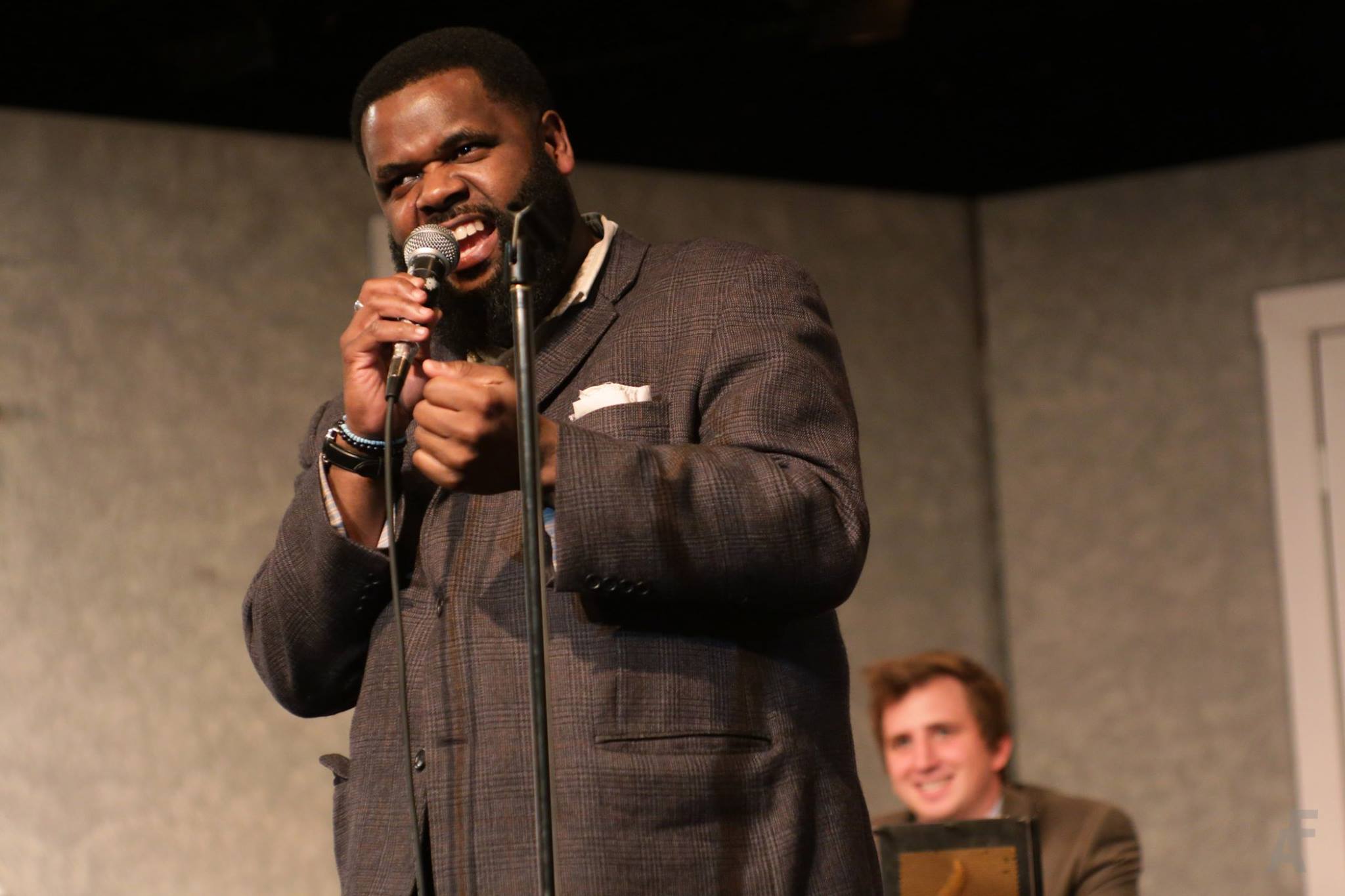
Tell us about a time you said yes to something.
I did a show and took no prisoners. Afterwards, well I’m was one of those guys that wouldn’t stay after a show. I would be in my head and be like, I gotta get out of here. A friend of mine said you need to learn how to stay. I stayed, and there was someone who wanted to do a cartoon with me. And then there was someone else who threw a concept at me and it really educated me about a lot of this. That’s one thing I tell people. Just be open, be positive.
After that show I learned, like man, I have to figure out what’s going on. My mind changed to ok, find these people that can help me create my projects so I started doing that and looking at ideas.
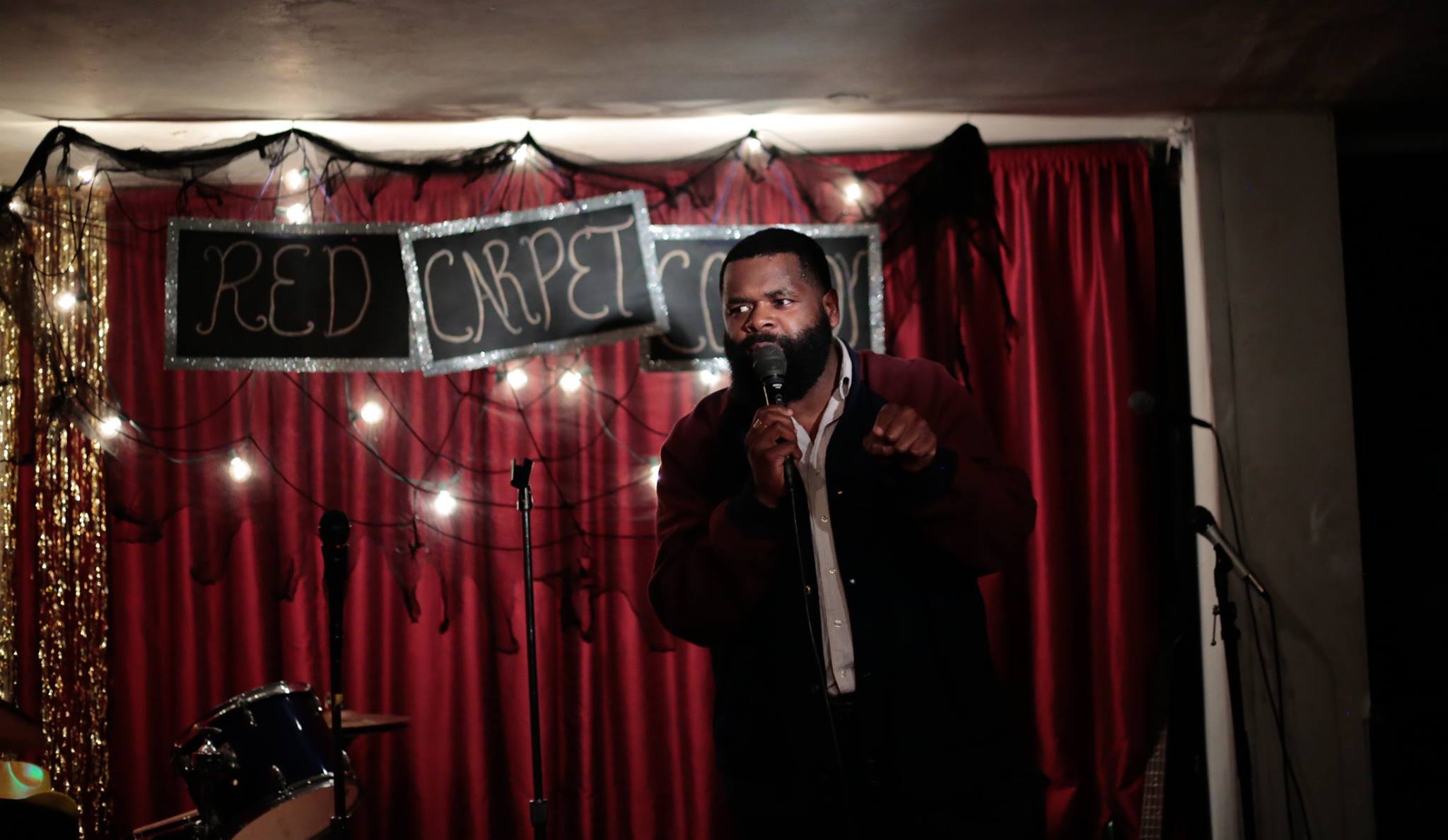
You wrote for a Comedy Central show last year, what was it like writing for someone else?
It was really hard because writing jokes for yourself is one voice, but writing for another person’s voice when you don’t even know them is hard. And when you’re working with a team of people everyone wants to do their own thing. When I started warming up for the show that was great, that was my jam. I love riffing and having fun with the crowd.
No one ever posts “Yo got the rejection back. Still working at Quiznos, holler at ya boy”
What’s it like living in a place where everyone is trying to make it?
I’m finding that some people in L.A. put on airs of success, you know like, “Yo I killed it at this show” and I’m like, “I was there bro! It wasn’t great.” Or theres the humblebrag industry photo where they have a meeting at Comedy Central and they’ll put themselves in the lobby and they’ll be like “Yo, just taking care of business” or “Just another day in the life” and then you’re like, someones going to ask you in a few weeks about what happened.
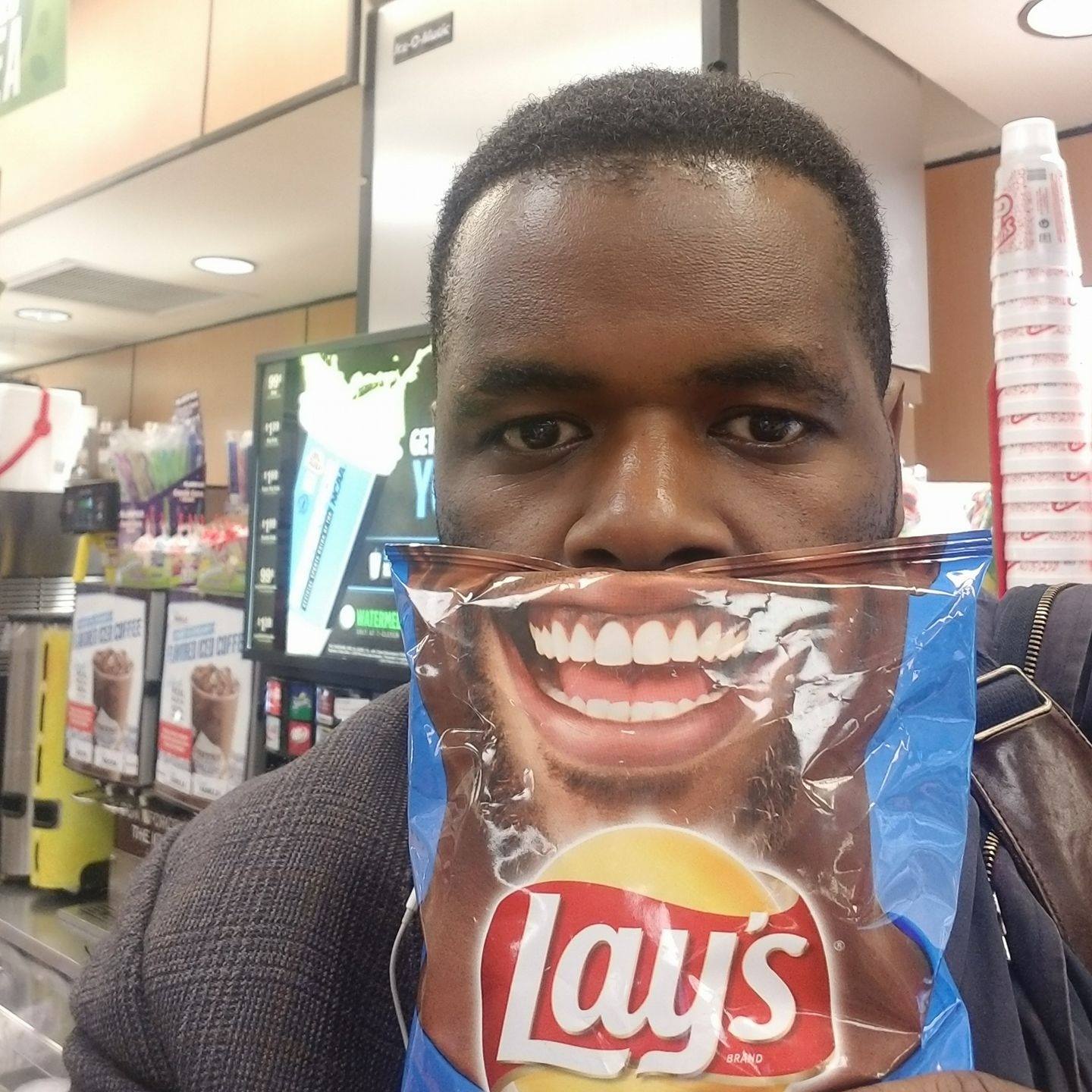
No one ever posts “Yo got the rejection back. Still working at Quiznos, holler at ya boy, I’m on the Gram. TOASTED.” You know, no one ever says “I’m really depressed, I really put my all into it, I feel clinically depressed now.”
Like with stuff I’m learning down here, I don’t know everything, I’m poor. I’m talking to you right now and I’m using the hotspot from my Samsung to talk on my iPad to you. I’m really traphousing and shit. I’m visiting San Francisco to do gigs and try to get this meeting going, and I’m in my mom’s guest room.
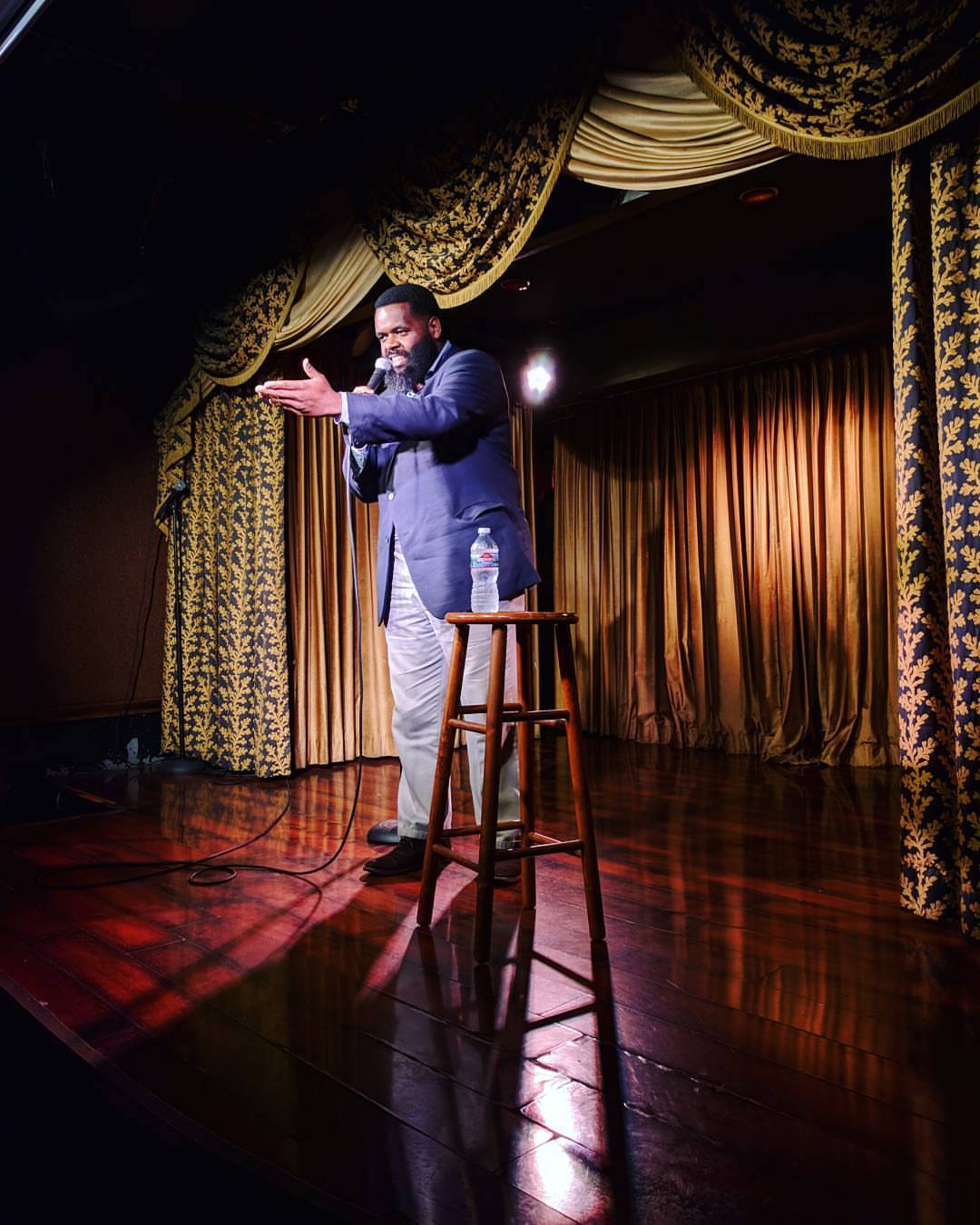
It sounds like you have to have a certain amount of patience to make this work.
You have to have enough confidence and resiliency, sometimes dumb confidence, sometimes blind confidence. Like I pitched a show and it didn’t happen but I’m just constantly joking and moving. Trying to find my way but I’m not desperate, I have good ideas.
You can follow Kaseem on facebook here. Check out his first album, Preacher Man, on Blonde Medicine later this fall. Catch him live in L.A. at the Hollywood Improv Lab and Dynasty Typewriter.